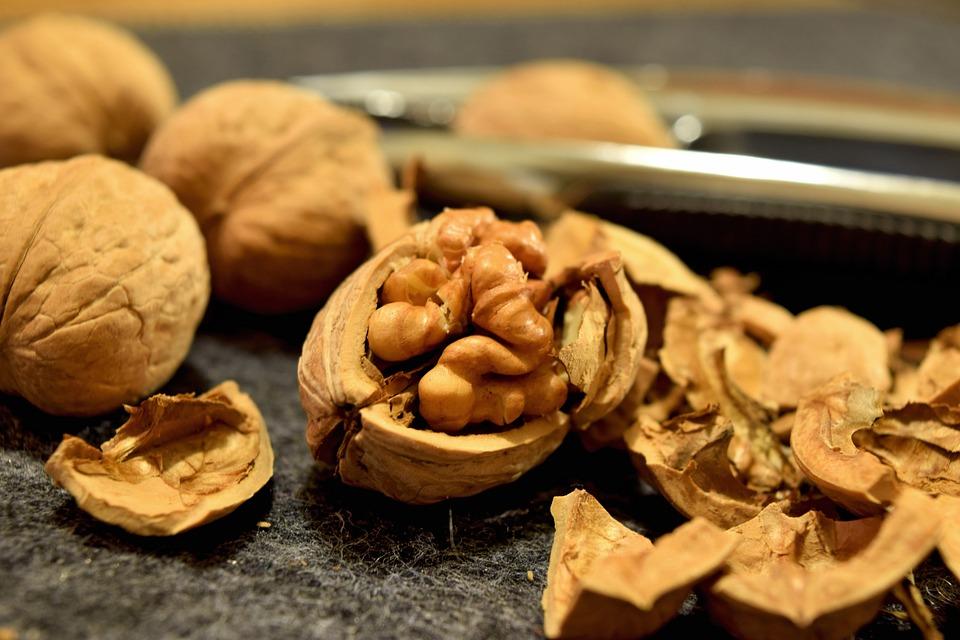If you care about aging gracefully, you will want to learn how to protect your telomeres. Like the plastic tip on the ends of your shoelaces, telomeres keep DNA strands from unraveling—and eating walnuts is a great way to keep telomeres laced uptight.
Can Walnuts Make Your Brain Younger?
Research findings on the benefits of nutrient dense foods affirm diet as a key to anti-aging

Walnuts have collected an impressive list of bonafide, scientifically-proven, health benefits. pixabay/CC0
|Updated:
GreenMedInfo is dedicated to investigating the most important health and environmental issues of the day. Special emphasis will be placed on environmental health. Our focused and deep research will explore the many ways in which the present condition of the human body directly reflects the true state of the ambient environment. This work is reproduced and distributed with the permission of GreenMedInfo LLC. Sign up for their newsletter at https://greenmedinfo.com/newsletter
Author’s Selected Articles




